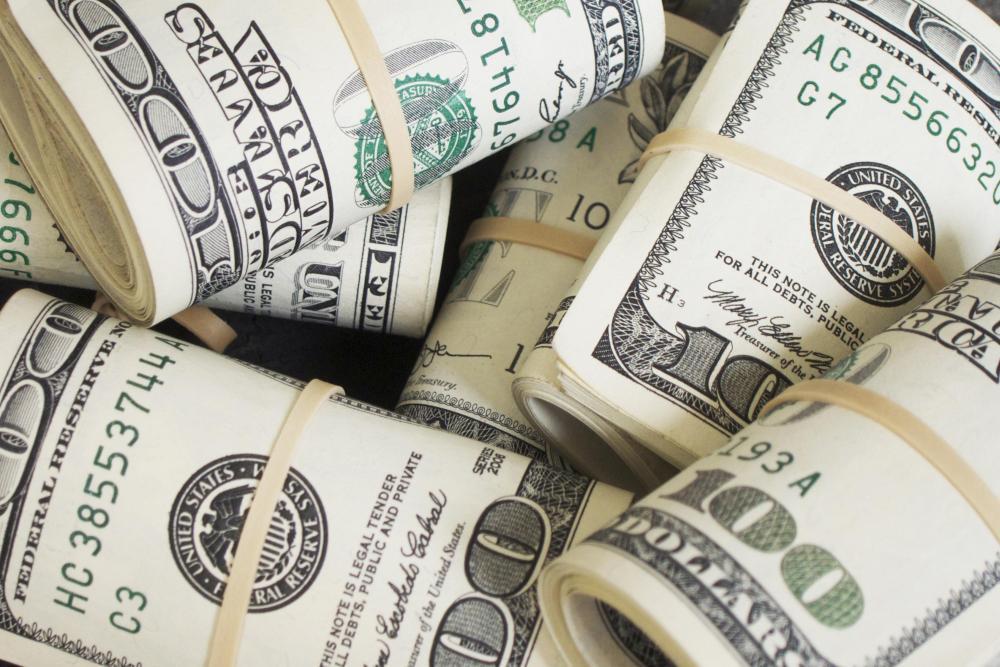PCMA slams Mylan for trying to deflect blame for its steep EpiPen price hike

“It was a mistake for Mylan to adopt the failed PR strategy used unsuccessfully by Valeant and Turing," Merritt said. "It’s not credible to assert that Mylan’s price hikes are the fault of those paying the bills, namely the employers, unions and government programs that work hard to provide affordable prescription-drug coverage."
EpiPens are used to counteract severe allergic reactions to food items or insect stings, such as bee stings. The auto-injector device delivers approximately one dollar of its live-saving ingredient, epinephrine, to the patient. The delivery device is the item that has allowed Mylar to raise the price from approximately $100 in 2008, when the company acquired the EpiPen, to more than $700 for a two-pack of the medication today. In response to the media and public outrage over the price of the EpiPen, Mylar put the blame for price increases on health care insurance and high deductibles.
"Mylan is simply the latest drugmaker trying to re-frame a pricing problem into a coverage problem," Merritt said. "Blaming payers for these massive price hikes is a red herring and doesn’t pass the laugh test with policymakers. Doubling down on ‘bait and switch’ copay offset tactics only further sticks consumers and payers with the tab. There’s a reason that copay coupons — for hospitals, doctors and prescription drugs — are banned in public programs like Medicare as illegal ‘kickbacks.’ Accusations that EpiPen copay levels have increased in retaliation to these latest price hikes are flatly untrue.”








 Alerts Sign-up
Alerts Sign-up